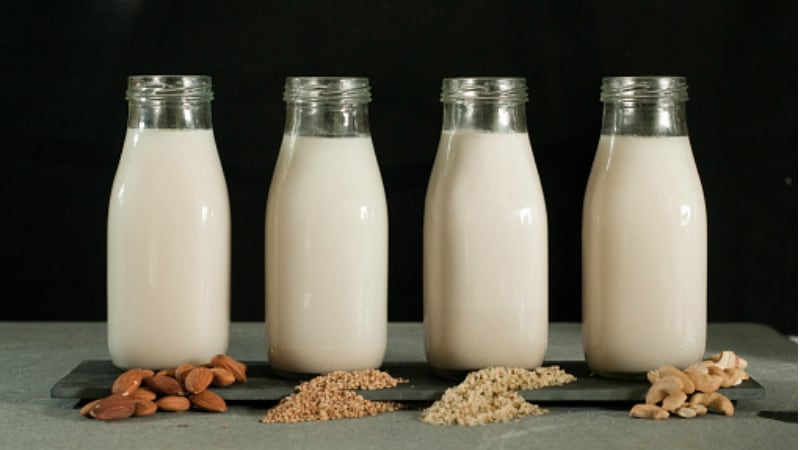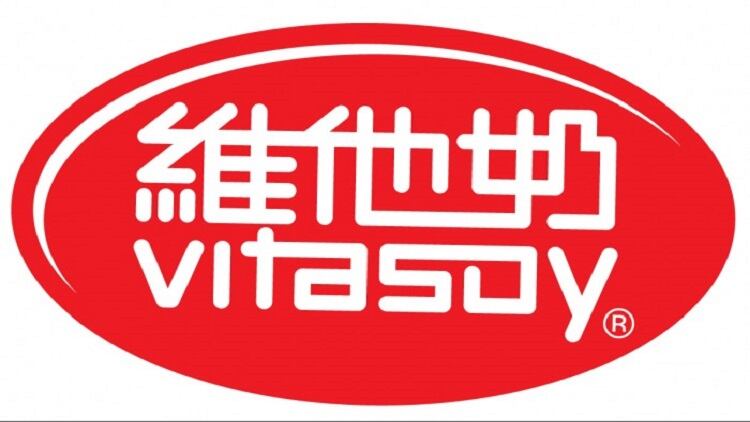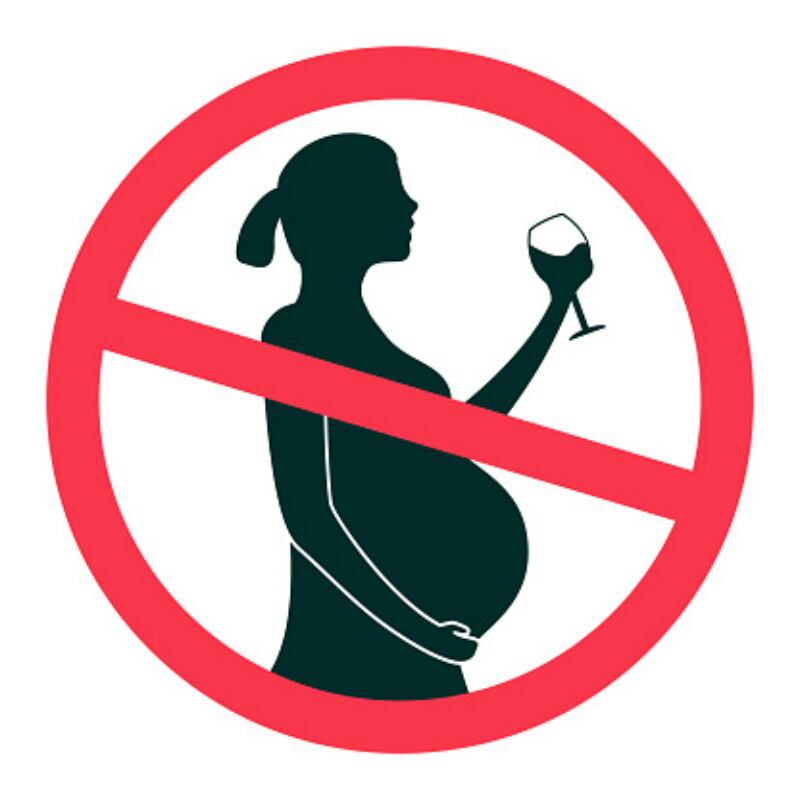Australian Regional Services Minister Bridget McKenzie said that these changes were necessary “to protect the reputation, hard earned by our clean, green farmers.”
"I want consumers to have confidence that when they buy […] meat, it's beef from an animal and when they buy milk, it is actually produced by a dairy cow."
“[We] need to be careful [we] don't confuse the marketplace.”
National Party senator Barry O'Sullivan concurred, and went further to tell ABC that: "[The plant-based products industry is] piggy-backing on the back of [meat and milk] industries that have invested hundreds of millions, if not billions of dollars, to get their product identified for what it is."
McKenzie added that ‘it says something’ that plant-based product makers are ‘faking the original [meat or milk products]’, as well as using the same language for and colouring their products to look like the originals.
"I think people have been very, very clever with the marketing of these products," she said.
"I think we need to be backing the original [meat or milk] product and making sure it can carve out a unique space in the marketplace and that should be protected."
FSANZ’s stand on plant-based products
FSANZ appears to have acknowledged on its website that these plant-based alternatives are not able to replace animal sources completely, using milk as an example.
“Generally, plant-based milk alternatives don’t have the same nutrient content as cow or goat milk. Milk generally contains higher levels of protein and a wider range of vitamins and minerals,” said FSANZ.
“Cereal, nut and seed-based beverages, such as those made from rice, almonds or sesame, are lower in protein than legume based beverages and dairy milk.”
It also stated that plant-based beverages carry an advisory label precisely because these are ‘not suitable as a complete milk replacement for children under 5 years old.’
“If beverages like almond or rice beverages are a regular part of a young child’s diet, other food sources of protein and energy need to replace the protein and energy otherwise provided by milk.”
“Plant-based beverages that contain less protein than milk are required to have advice on the label that the product is not suitable as a complete milk replacement for children under 5 years old.
“[Products with] adequate protein but are low in fat [must have] an advisory statement [saying that these are] not complete milk replacements for children under 2 years old.”
Decisions needed on ‘what is meat and what is milk’
This move comes on the back of furore caused by supermarket chain Woolworths’ decision to position a ‘mince’ product, which was in fact made from plant content, in its meat section.
This led to public outrage, with various organisations urging the government to settle on regulations surrounding plant-based items.
"We need some decisions around what is meat and what is milk and how that should appear on a product label," said National Farmers Federation President Fiona Simson
"We need to work out what we are taking to government and what government's role is in this to make sure we can pursue a labelling regime that is beneficial to consumers and producers."
Even some government representatives have been vocal about their stands on the issue. Federal Agriculture Minister David Littleproud said to ABC Australia: "The labelling and positioning of all food products should accurately reflect what's in the packet, [which is meat].”
Plant-based product labelling around the world
Earlier this year in the United States, a petition was filed by the Cattlemen’s Association with the United States Department of Agriculture to ban the use of the words ‘beef and ‘meat’ on labels unless the product is ‘made from a slaughtered animal’.
Their argument is similar, saying that the use of these meat terms will confuse consumers.
Missouri has already enforced such a ban, passing a law that disallows products such as soy-based, plant-based and lab-grown alternatives from being marketed as meat.
As long as the product does not come from livestock or poultry, violating this law could result in a US$1,000 fine or a year in jail.
In France, a similar ban was enforced earlier in the year, where the use of meat and dairy terms is no longer allowed for plant-based alternative products.
The terms include ‘meat', 'sausage', 'steak', 'bacon' and ‘milk’ amongst others.
French MP and farmer Jean Baptise Moreau, who pushed for the ban, said on Twitter that: “It is important to combat false claims. Our products must be designated correctly.”





